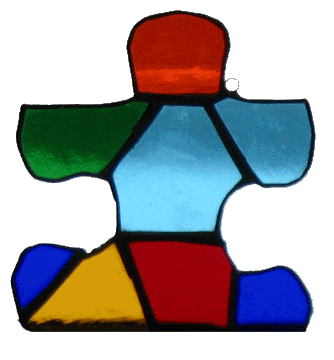
Home
Feature
Diagnosis
Services and Support
Diagnosis
The diagnostic process for Asperger Syndrome may be described as “psychosocial,” meaning that in addition to tests designed to measure cognitive ability and communication skills, a history of development and social interaction is critical to making an accurate diagnosis. Perhaps the biggest challenge in diagnosing Asperger Syndrome is ruling out Autistic Disorder; however, there are many key points in which the two disorders vary. Children with Autistic Disorder may have impairment or total lack of language skills, whereas, by definition, children with Asperger Syndrome have normal language skills. Also the repetitiveness in Autistic Disorder is usually manifested by way of rituals or repetitive motor movements, but in children with Asperger Syndrome, it most often is displayed in the intense interest in one particular subject. Finally children with Autistic Disorder seek to isolate themselves from others, accounting for their poor social interaction. Conversely, children with Asperger Syndrome may desire to approach others; their lack of social skills attributable instead to their poor understanding of social cues. The other Pervasive Developmental Disorders may also appear similar to AS; however, Rhett’s Syndrome and Childhood Disintegrative Disorder involve impairment or regression in cognitive functioning, while children with AS have no significant delays in this area. Other disorders that may be confused with Asperger Syndrome include, Childhood Schizophrenia, Selective Mutism, various learning disabilities, Obsessive-Compulsive Disorder, and other anxiety disorders. Finally, normal social awkwardness and a natural curiosity for subjects and hobbies should not be confused with Asperger Syndrome (DSM-IV-TR, 2000).